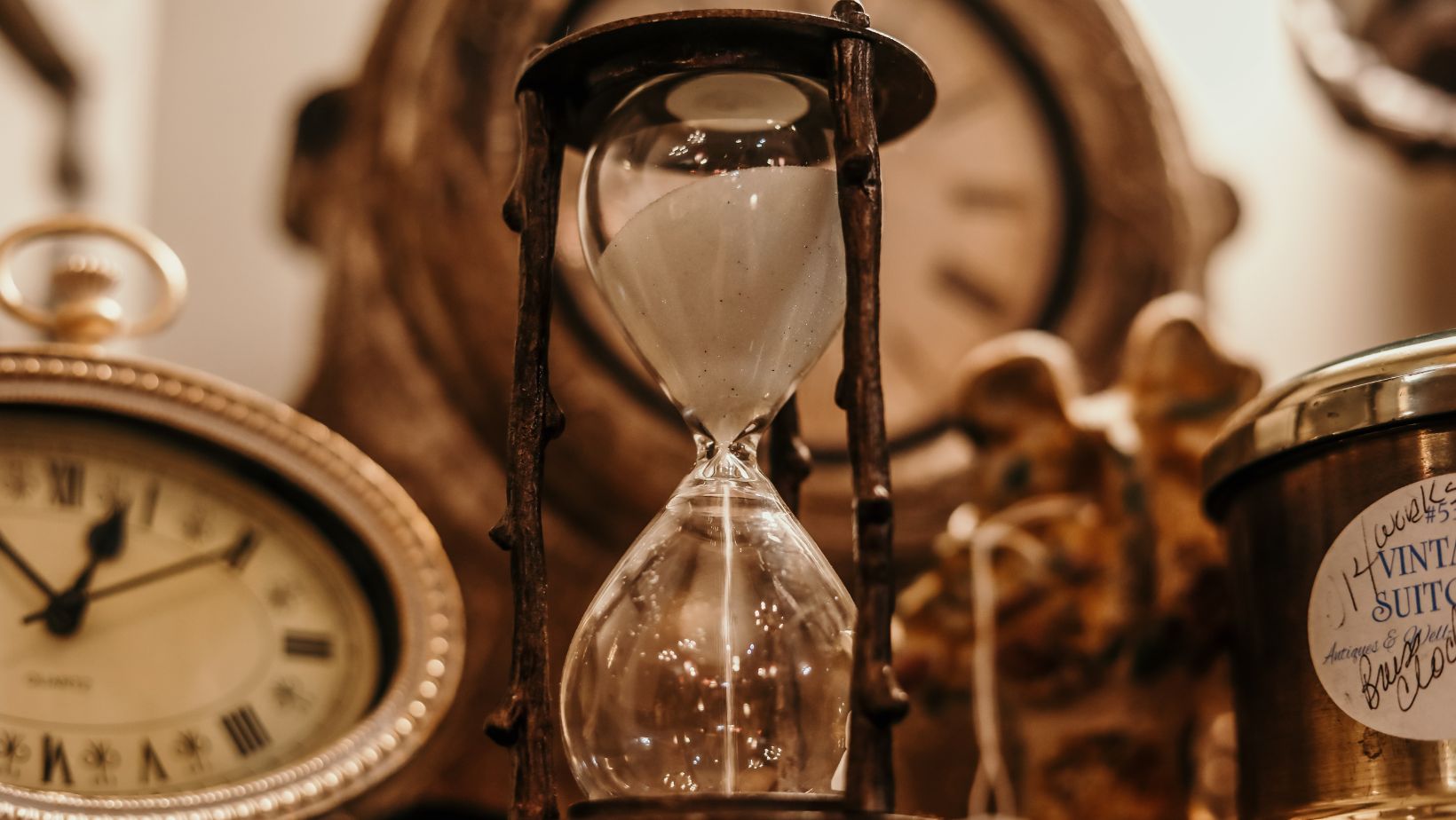How long is an hour? I can see on most of your faces that you don’t particularly care about the answer to that question. “However long it is,” you’re thinking, “I just want that hour of sleep back.” Fair enough. Daylight savings may or may not be a great idea…but the issue is not new.
Man has always endeavored to keep time in some fashion—from sun dials, to hourglasses, to water clocks, to mechanical clocks, and eventually atomic clocks—and longer and shorter days are not a modern concern.
The ancient Jewish day started at sunset and ended at the sunset of the next day, with 12 hours assigned to the daylight and 12 hours to the night—meaning some hours were longer or shorter than others, depending on the season. Similarly, in the ancient Roman world, the daytime “hour” was longer in the summer and shorter in the winter.
Indeed, for most of the ancient world, time was dictated to man by creation.
But with the invention of the mechanical clock, man began to suppose that time might govern creation, rather than the other way around. From the 14th century onward, the length of an hour was fixed and no longer varied by season. As a result, our day no longer starts and ends with the sunlight—it starts and ends according to the clock. Hence the felt need for daylight savings.
Which brings us back to the original question, how long is an hour? I don’t have a definitive answer. The one thing I know is that man’s answer certainly is no better than God’s; and that just because 60 minutes is how we measure it today, doesn’t mean that is the only or even the best way.
But either way, don’t worry, you’ll get that hour of sleep back…in November.
In the meantime, stay awake…and have a wonderful day.


